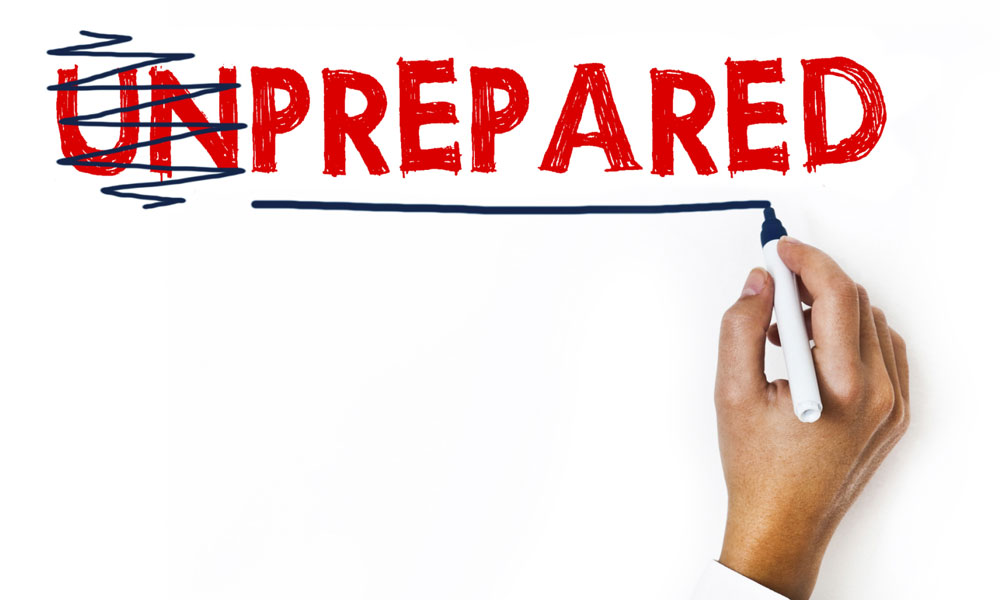
Social Media Roundup: Speaker Preparation Is Key
Preparing presenters for your event is critical, yet many forget to do it. Here's some advice to ensure things go smoothly. Plus: Help your board members become better fundraisers.
While public speaking is scary enough, it really doesn’t help if presenters aren’t prepped to go. Fill yours in on key details to help ensure smooth sailing when they take the stage.
More in today’s Social Media Roundup:
Speak Easy
5 Ways to Help a Speaker Deliver a Successful Presentation at Your Event http://t.co/TAs96FOl3U #eventprofs
— Brainzooming Group (@Brainzooming) April 2, 2014
Podium prep: Sure, telling your speakers to bring notes, slide decks (whether PowerPoint or something else), and their A-game seems obvious, but there are a lot of other things about your event that they may not be clued in on.
Brainzooming’s Mike Brown offers five ways nonprofits and associations can help their guest speakers deliver the best possible presentation. As the event gets closer, Brown writes, presenters should be updated on what audience members expect to learn during the presentation as well as what they will already know. It’s bad enough when presenters duplicate subject matter covered earlier in the event; it’s worse when they don’t have a clear understanding of the audience they’re speaking to. Check out more of Brown’s tips over this way. (ht @Brainzooming)
Raise Your Board’s Voice
Can Your Board Talk About Your Cause? http://t.co/kDLC65VrWg via @avectra #assnchat #asae
— Digitec Interactive (@digitec) April 2, 2014
Having an engaged (and engaging) board of directors is integral for any nonprofit. Yet, according to Avectra contributor Amy Quinn, many volunteers on the board may seem quiet or withdrawn when talking to members of the public about your organization’s goals or potential giving opportunities. What to do?
According to Quinn, a consultant and author, it might be good to give board members a refresher on why they’re so committed to the association in the first place—perhaps by creating a memorable story that’s easy to share with others in a casual conversation.
“No matter how many documents we might provide to keep our board well-informed,” she writes, “what matters most is that each member can comfortably and passionately articulate the unique value proposition of your cause.”
Quinn adds that having board members focus on individual audience segments can also help them understand different types of donors as well as those donors’ motivations for contributing to their cause. (ht @avectra)
(iStock/Thinkstock)






Comments